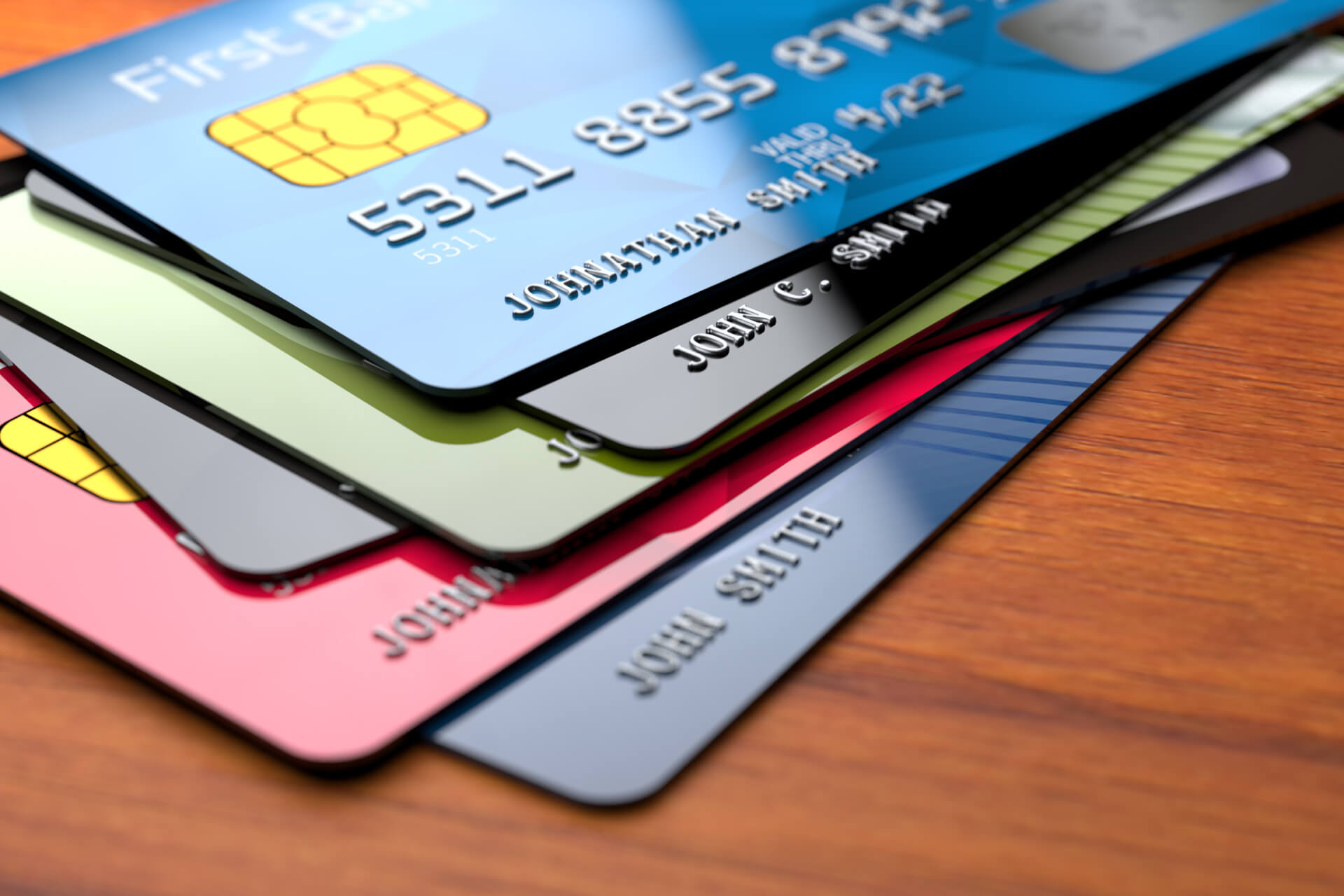Are you a young investor interested in learning about the world of finance? If so, you may be wondering if it’s possible for someone your age to have a credit card.
The answer might surprise you! In this article, we will debunk common myths surrounding credit card eligibility for teenagers and explore the benefits of starting early when it comes to investing. We will also introduce secured credit cards as a viable option for 16-year-olds and provide valuable insights on building credit history responsibly.
Whether you’re a teenager looking to take control of your financial future or a parent/guardian seeking guidance on teaching responsible money management, this article is for you.
So let’s dive in and discover the power of starting early in the world of investing!
The Benefits of Starting Early
Investing at a young age offers several advantages for long-term financial success. One key benefit is the power of compound interest. Compound interest allows your initial investment to grow not only on its own, but also on any accumulated interest over time. This exponential growth can significantly increase your wealth over decades.
Starting early gives your money more time to grow through compounding. Even small contributions made regularly can accumulate into substantial sums. By taking advantage of this phenomenon, you can set yourself up for a financially secure future.
Additionally, starting early allows you to develop good financial habits and learn from any mistakes along the way. It provides an excellent opportunity for personal growth and financial education.
Moreover, as a young investor, you have a higher risk tolerance capacity and more time to recover from potential losses or market downturns. This flexibility enables you to explore different investment strategies and potentially earn higher returns compared to those who start later in life.
Debunking the Myth: Can 16-Year-Olds Have Credit Cards?
Contrary to popular belief, 16-year-olds can have credit cards under certain circumstances. While there are legal restrictions for minors, options such as secured credit cards and becoming an authorized user on a parent’s account are available.
Secured credit cards require a cash deposit as collateral, while being an authorized user allows teenagers to build credit with parental supervision. It’s important for young individuals to practice responsible financial habits like making timely payments and keeping credit utilization low.
By understanding these options and practicing good habits, teenagers can start building their credit history early.
Introducing Secured Credit Cards for Teens
Secured credit cards are a great option for teenagers looking to establish a credit history. These cards require a cash deposit as collateral, reducing the risk for lenders when lending to individuals with limited or no credit history. They provide a safe way for teens to learn responsible financial habits and build a positive credit history.
However, it’s important to consider potential disadvantages such as higher interest rates and fees compared to traditional credit cards. Researching different options and understanding the terms and conditions is essential before applying.
Overall, secured credit cards offer an opportunity for teenagers to start building their credit early on while developing crucial financial skills for the future.
Teaching Responsible Financial Habits from an Early Age
Instilling responsible financial habits in children from a young age is crucial for their long-term financial well-being. By teaching them about personal finance and money management early on, we can empower them to make informed decisions and develop healthy financial behaviors.
One important aspect is teaching children to create a budget, which helps them track income and expenses while fostering disciplined money management. Encouraging saving from an early age instills the value of delayed gratification and prepares children for future financial goals.
Discussing responsible borrowing with teenagers helps them understand the risks associated with credit cards and loans, promoting informed decision-making.
By providing children with the necessary tools and knowledge, parents and guardians play a vital role in shaping their attitudes towards money. This foundation equips children with the skills they need to navigate personal finance successfully and achieve long-term financial security.
Steps to Obtain a Secured Credit Card at 16
To obtain a secured credit card at 16, follow these essential steps:
-
Research and compare banks or financial institutions that offer secured credit cards for teenagers.
-
Understand the requirements and application process for obtaining a secured credit card at this age.
-
Assess your financial readiness, considering income stability and budgeting skills.
-
Fill out the application form accurately and truthfully, providing all necessary information.
-
Allow time for the institution to review your application, which may include background checks.
-
Upon approval, carefully read and understand the terms and conditions associated with the card.
By following these steps, young individuals can acquire a secured credit card and begin building their credit history responsibly.
Building Credit History Wisely: Dos and Don’ts
Establishing a positive credit history is crucial for financial stability. By following these dos and avoiding common pitfalls, you can build your credit wisely:
Pay bills on time, keep credit utilization low, and avoid unnecessary debt.
Don’t overspend, miss payments, or close accounts too soon.
By being mindful of these tips, you can build a solid credit foundation for future financial opportunities.
Monitoring Progress: Checking Credit Score and Reports
Regularly monitoring your credit score is crucial for early investors. It helps track progress, identify areas for improvement, and maintain financial health. Accessing free annual credit reports is essential for understanding your credit history. These reports provide valuable insights into loans, payment history, and potential negative marks.
To obtain a free report, visit AnnualCreditReport.com or authorized websites of Equifax, Experian, and TransUnion. Understanding the report’s contents, including personal information, account details, and inquiries by lenders, allows you to spot errors or discrepancies that may harm your credit score.
Regular checks also help detect identity theft or fraudulent activities early on. By staying proactive and informed about your financial situation through credit monitoring, you can make better investment decisions and work towards long-term financial success.
Transitioning to Unsecured Credit Cards
Once you’ve established a solid payment history with your secured credit card, you can transition to unsecured credit cards. This move offers additional benefits that enhance your financial freedom.
Unsecured credit cards provide increased financial flexibility, including higher credit limits, rewards programs, and the ability to make purchases without collateral. With higher credit limits, you have more purchasing power and greater flexibility in managing expenses.
Rewards programs offer incentives on everyday spending, maximizing the value of each purchase. Plus, unsecured credit cards don’t tie up your funds as collateral, giving you peace of mind and financial flexibility.
To fully benefit from unsecured credit cards, maintain responsible financial habits. Make payments on time, track expenses, and avoid excessive debt. By demonstrating good financial management, you can improve your overall creditworthiness.
Transitioning to unsecured credit cards offers numerous advantages for increased financial freedom. Access higher credit limits, enjoy rewards programs, and experience the flexibility of not tying up funds as collateral. Just remember to maintain responsible financial habits for long-term success.
[lyte id=’cUQKc0bYTI8′]







